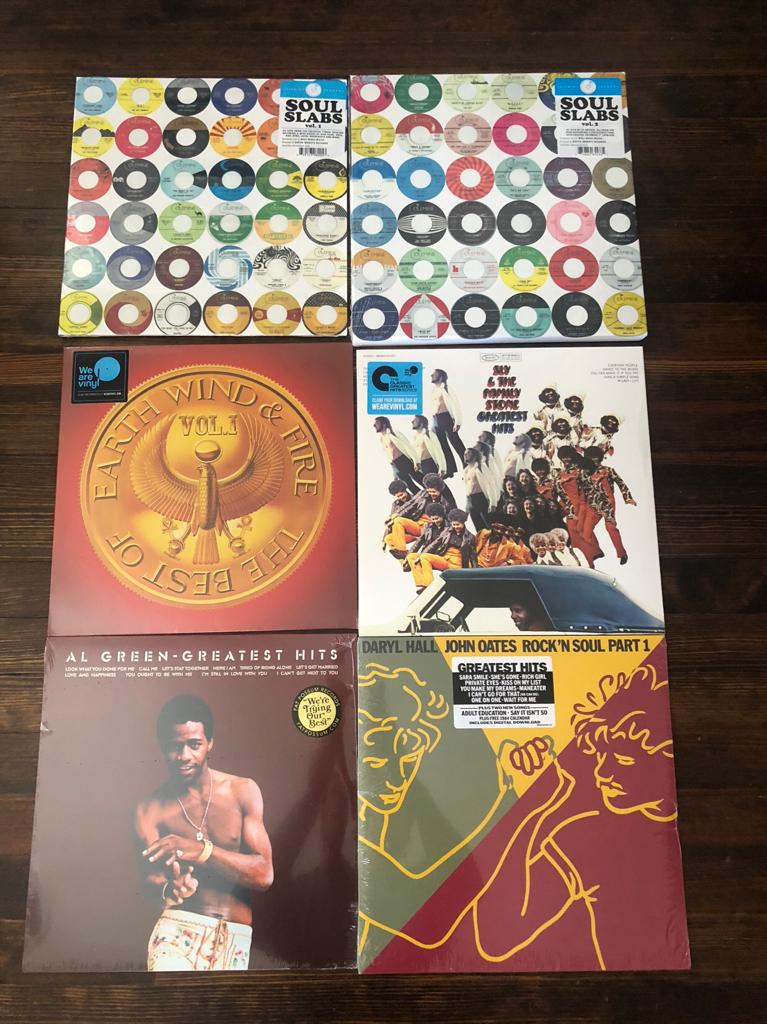I'm not sure Galaxie 500 (or Luna, or Wareham's solo stuff) is as forgotten as you think.
There are also plenty of articles criticizing Spotify's model (and I can link 'em if you'd like) but one I often talk about when I teach mass media is how this "money pool" system might effect smaller musical acts disproportionately.
Also how the difference between consumers purchasing media and paying (through ad/attention revenue) to listen per song stream (percentage as it may be) might affect the creation of music. Pop music on steroids, basically. Instead of participating in a market where selling a few records might make you profitable, you're competing for a percentage share of a money pool so you turn to the most accessible styles and tropes and feature only the most successful musicians. The circle gets smaller and smaller.
Selling a "few records" wouldn't make you profitable. Selling a lot of records made you profitable and able to take time with artists like Springsteen, U2, etc. People like Berry Gordy or Gamble & Huff could give new people lots of chances due to how successful The Spinners, Temptations, etc., were.
On top of that, songwriters used to be able make good livings. Today, you can't.
Last year here are the top selling albums:
Folklore, Taylor Swift – 1.2 million.
After Hours, The Weeknd – 476,000.
Map of the Soul: 7, BTS – 361,000.
Legends Never Die, Juice Wrld – 342,000.
Fine Line, Harry Styles – 333,000.
Chromatica, Lady Gaga – 312,000.
Manic, Halsey – 279,000.
Evermore, Taylor Swift – 270,000.
Here's the list of the best selling albums of the 1980s. FYI, you had to sell more than 4,100,000 to make #100.
https://rateyourmusic.com/list/abyss89/the_100_biggest_selling_albums_of_the_80s__usa_/
Kory, I understand you know more about everything, including the music business, than I do, but you couldn't be more wrong about the creation of music. This should be a golden era, but the internet has made it boring and pop music is a wasteland as compared to other eras.
It's a shame. It should be so much better.
Kory, I know my place in your world view. I know that I know nothing and no one in the music business and never have versus your omniscience. But once in a while, you may be wrong and I may be right.

